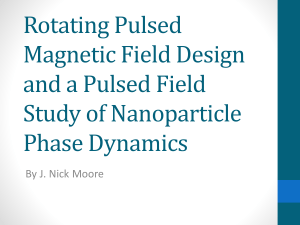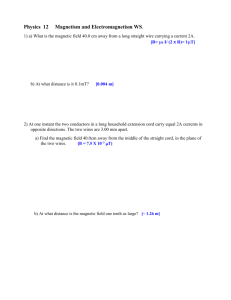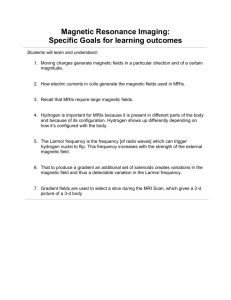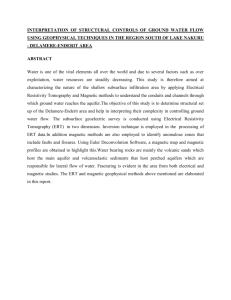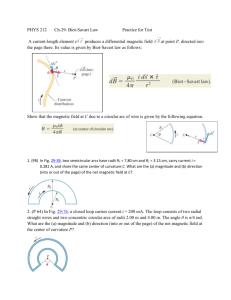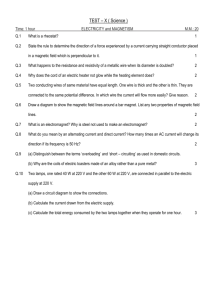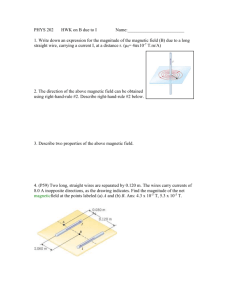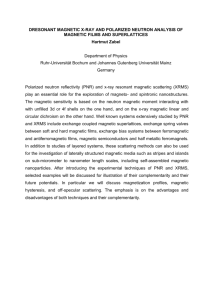seminar_jg_10
advertisement
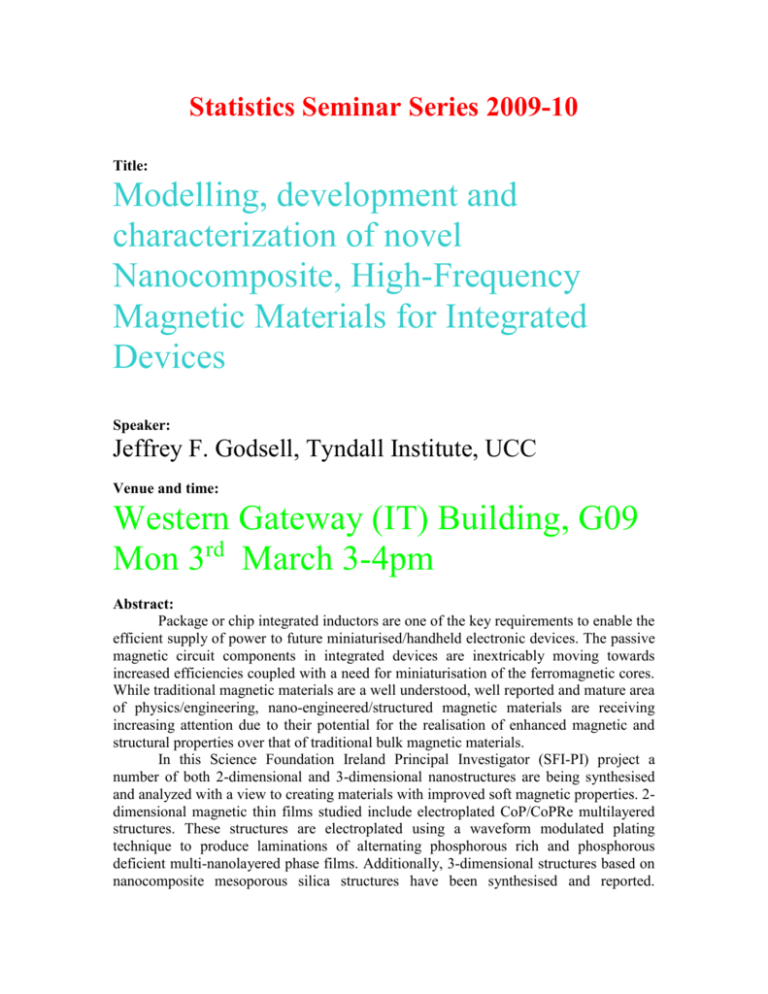
Statistics Seminar Series 2009-10 Title: Modelling, development and characterization of novel Nanocomposite, High-Frequency Magnetic Materials for Integrated Devices Speaker: Jeffrey F. Godsell, Tyndall Institute, UCC Venue and time: Western Gateway (IT) Building, G09 Mon 3rd March 3-4pm Abstract: Package or chip integrated inductors are one of the key requirements to enable the efficient supply of power to future miniaturised/handheld electronic devices. The passive magnetic circuit components in integrated devices are inextricably moving towards increased efficiencies coupled with a need for miniaturisation of the ferromagnetic cores. While traditional magnetic materials are a well understood, well reported and mature area of physics/engineering, nano-engineered/structured magnetic materials are receiving increasing attention due to their potential for the realisation of enhanced magnetic and structural properties over that of traditional bulk magnetic materials. In this Science Foundation Ireland Principal Investigator (SFI-PI) project a number of both 2-dimensional and 3-dimensional nanostructures are being synthesised and analyzed with a view to creating materials with improved soft magnetic properties. 2dimensional magnetic thin films studied include electroplated CoP/CoPRe multilayered structures. These structures are electroplated using a waveform modulated plating technique to produce laminations of alternating phosphorous rich and phosphorous deficient multi-nanolayered phase films. Additionally, 3-dimensional structures based on nanocomposite mesoporous silica structures have been synthesised and reported. Nanoparticle doped silica spheres and nanoparticle impregnated mesoporous silica templates have been synthesised using a facile sol-gel as well as a microwave synthesis method. Thus prepared nanostructured materials are being incorporated as high frequency soft magnetic cores in a MEMS type of technique inside batch fabricated microtransformers and micro-inductors on silicon. Interesting magnetic properties in 3D nanostructures have been attributed to nanoparticle surface effects coupled with varying degrees of magnetic interactions. An analysis of the high frequency permeability spectrum for electroplated Ni45Fe55 2D thin films has also been carried out to quantitatively analyse the material’s high frequency performance. Material parameters were determined by fitting a combined LLG and eddy current model to the measured spectrum. Complex permeability spectra of the films were investigated at frequencies up to 9 GHz to identify both the film’s spectroscopic splitting factor (g) and its effective dimensionless damping parameter (α). Ferromagnetic resonance frequencies ranging from 4.3 to 5.7 GHz have been analysed by studying both the zero crossing frequency of the real part of the complex permeability spectra (μr′) and the peak resonance frequency of the imaginary part of the spectra. *Contact: jeffrey.godsell@tyndall.ie Joint work with: Keith P. Doneganb, Dave Otwayb, Justin Holmesb, Michael Morrisb, Paul McCloskeya, Terence O’Donnella, Saibal Roya a Tyndall National Institute, University College Cork, Ireland. b Chemistry Department, University College Cork, Ireland.
